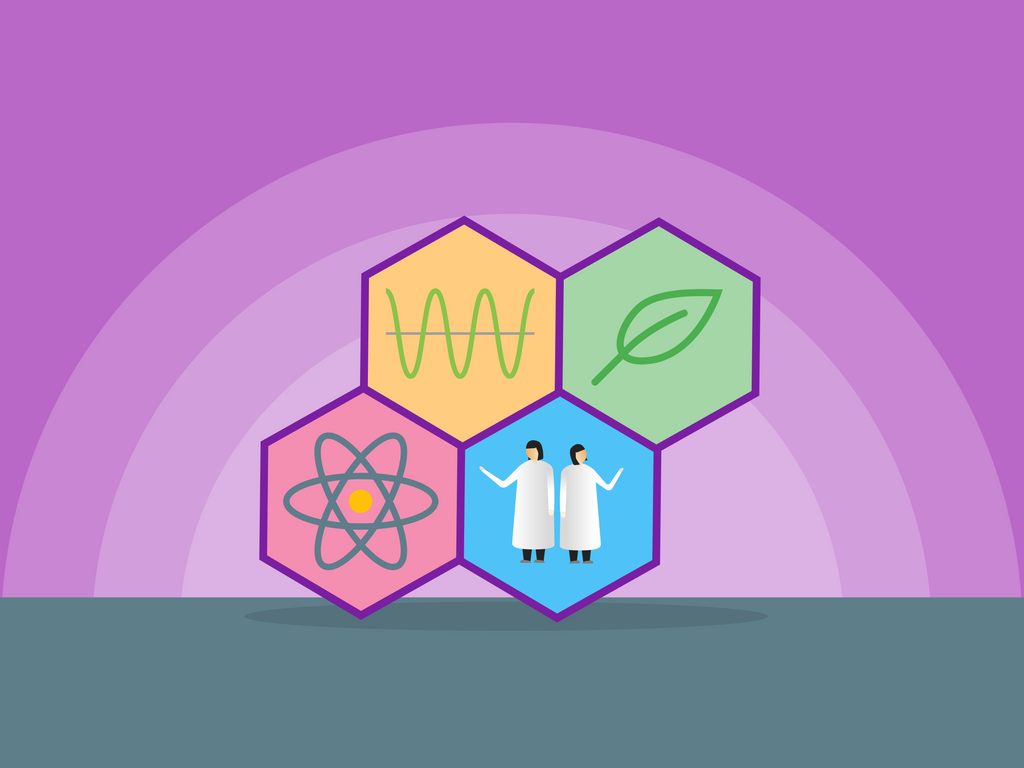Achievement in science subjects is an essential foundation for many careers in science, technology, engineering, and maths (often abbreviated to STEM), and a host of other non-STEM related careers. There is strong evidence of a link between economic disadvantage and attainment in science, which in turn is a significant barrier to further participation in science subjects. If approaches can be identified which successfully boost attainment, this barrier can be reduced.
This page is an overview of current evidence on how to improve the teaching and learning of science. It draws on:
- relevant topics from our Teaching and Learning Toolkit;
- findings from EEF-funded projects that directly relate to science; and
- evidence from a review of effective approaches to improve attainment in science subjects.
The EEF published in 2017 a major report, in partnership with the Royal Society, examining the size of the attainment gap in science, its causes, and programmes and approaches that are likely to help disadvantaged children catch up.
This report confirms that there is an attainment gap in science at every stage: it is apparent at the end of Key Stage 1 and gets wider throughout primary and secondary education, with the gap growing particularly strongly between the ages of 5 – 7 and 11 – 16.
The strongest factor affecting pupils’ science scores is their literacy levels. Poor literacy skills can affect how well a pupil is able to understand scientific vocabulary and to prepare and engage with scientific reports. This suggests that strategies to boost disadvantaged pupils’ reading comprehension could have a positive impact on their achievement in science too.
There is good evidence, too, that the ability to reason scientifically – by testing hypotheses through well-controlled experiments – is a strong predictor of later success in the sciences and that this skill can be developed through programmes that allow pupils to design experiments that require them to control variables. Many effective programmes give teachers training to guide their pupils’ scientific reasoning by setting questions that can be investigated and getting them to design fair tests.
Although, our Toolkit does not include a strand specifically on teaching science, it does provide useful evidence on a number of teaching and learning strategies that can be effective in teaching science. Indeed, the majority of Toolkit strands are relevant to science teaching.
There are three strands of particular relevance. The evidence suggests that approaches that encourage learners to think explicitly about their own learning, such as metacognition, feedback and peer tutoring, can have a high impact on attainment.
Two EEF-funded projects that encourage higher order thinking and develop better classroom talk have shown positive results on science outcomes:
- Thinking, Doing, Talking Science, is a programme that makes science lessons in primary schools more practical, creative and challenging by encouraging pupils to use higher order thinking skills in science lessons. An initial trial the programme had a positive impact on the attainment of pupils in science as well as their attitudes towards learning science. The EEF is now testing a more scalable model of the approach in a greater number of schools.
- Dialogic Teaching, aimed to improve the quality of classroom talk to enable pupils to reason, discuss, argue and explain, rather than merely respond. This approach showed impacts on science as well as language and mathematics
Other approaches may be particularly applicable to science. A recent EEF pilot project looked at the feasibility of Spaced Learning – the practice of teaching ideas multiple times with spaces in between – and found that it had promise in science. This may be beneficial in science lessons as the approach allows lots of the key concepts and vocabulary to be taught in a time-efficient manner. This means there is more opportunity for practical work and a deeper exploration of ideas, as in the Thinking, Doing, Talking Science and Dialogic Teaching projects.
EEF published a science guidance report aimed at secondary schools: Improving Secondary Science. Improving Primary Science is scheduled for publication in 2022
There are currently no appropriate standardised science tests available for the purpose of evaluating Year 6 science attainment for research purposes. To further primary science education research, and enable rigorous evaluation of the impact of science approaches and interventions, the EEF commissioned the York Trials Unit to develop and evaluate a new science attainment measure for Year 6 pupils, to be used as a meaningful outcome measure in upcoming EEF-funded evaluations.
For more information on the Year 6 science assessment, click here.

Guidance Reports